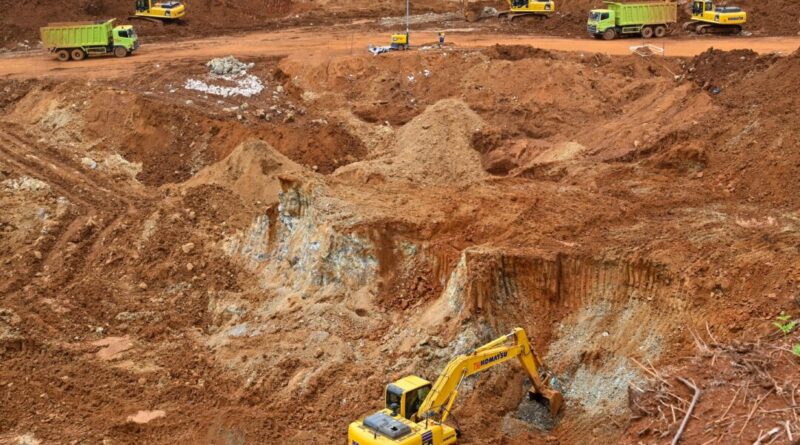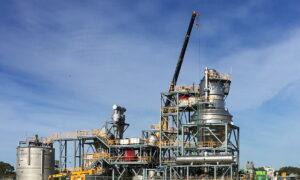Canadian Mining Company Shutters Australian Nickel Mine Leading to Loss of 330 Jobs
Nickel is a vital component of electric vehicle batteries.
Canadian miner First Quantum Minerals is set to close its Ravensthorpe Nickel Operation (RNO) in Western Australia, costing 330 jobs.
Nickel is a key component of lithium-ion batteries for electric vehicles (EV) and is also used in stainless steel production.
First Quantum Minerals is listed on the Toronto Stock Exchange and its share price fell nearly 4 percent on April 29.
The company cited operational and financial losses, along with declining nickel price forecasts as the reason for the closure.
The company also confirmed more than 330 jobs would be made redundant. Production is expected to stop in late May, as operations wind down safely.
The company reported nickel production in the first quarter at Ravensthorpe was lower than expected, at 3,740 tonnes of nickel.
“Production for the quarter was lower than expected mainly due to lower throughput rates and leach extractions which was predominantly limited by capacity constraints on the Atmospheric Leach,” the company said.
In January, First Quantum revealed that it would halt mining at the Ravensthorpe nickel mine, reducing the workforce by 30 percent or 125 people.
Local Shire Reacts To the News
However, the nickel mine is the biggest employer in the regional Western Australian towns of Ravensthorpe and Hopetoun, leaving the community devastated.
The Shire of Ravensthorpe released a statement expressing sympathy for all workers and families who were impacted by the decision.
First Quantum notified the Shire that it will be placing the nickel operation into care and maintenance from May 1, 2024.
“Since January, when FQM first announced a reduction in operational activities at RNO, the Shire of Ravensthorpe has actively sought funding to help alleviate economic challenges for the community, and will continue to seek similar avenues of support.”
Ravensthorpe Shire president Tom Major said while disappointing, the decision did not come as a complete surprise.
“In January, we committed to securing additional support and funding for our community, and we remain steadfast in that pursuit,” Mr. Major said.
“This development will undoubtedly affect many members of our community, from mine workers, their families, and local businesses. It is important that we all support each other as much as we can right now.”
Mr. Major noted the decision would have wide ranging impact, from the local sporting clubs to local businesses and the pub.
“That’s going to have an impact on sporting teams, community groups, small businesses like the bakery and the pub. All the moving parts that make your community tick.”
However, Mr. Major is confident the community will bounce back from the news, given it has done so in the past.
“Each time our community learns and grows from it and becomes more resilient. I’ve got full confidence that we will weather the storm,” he said.
Australian Nickel Mines Face Uncertainty
It comes after BHP announced in February it would be reviewing its nickel operations in Western Australia.
“In Western Australia, we expect to announce a decision on the future of our nickel business in the coming months, where efforts to optimise operations and preserve value are underway,” BHP CEO Mike Henry said.
Following this news, mining companies held crisis talks with the Australian government amid declining nickel and lithium prices.
Indonesia, which is backed by China, has been able to flood the market with nickel produced at a much cheaper price.
Mineral Resources Minister Madeleine King said at the time lithium and nickel markets can “change quickly and fluctuate quickly.”





